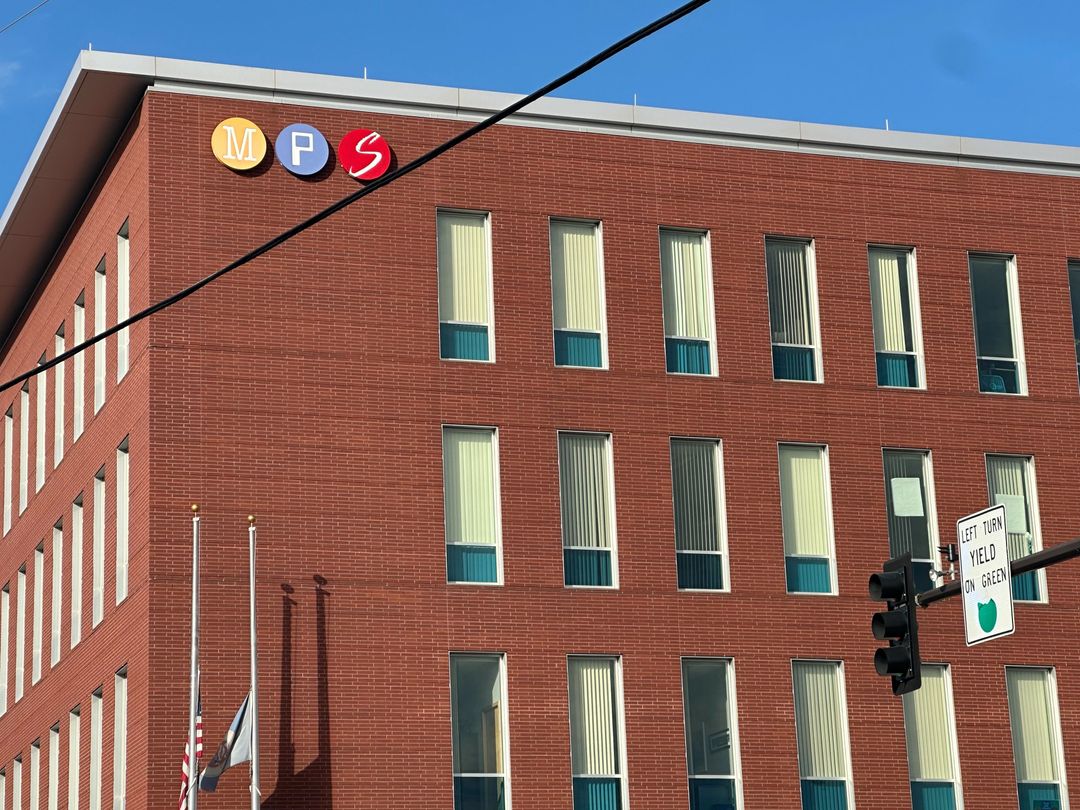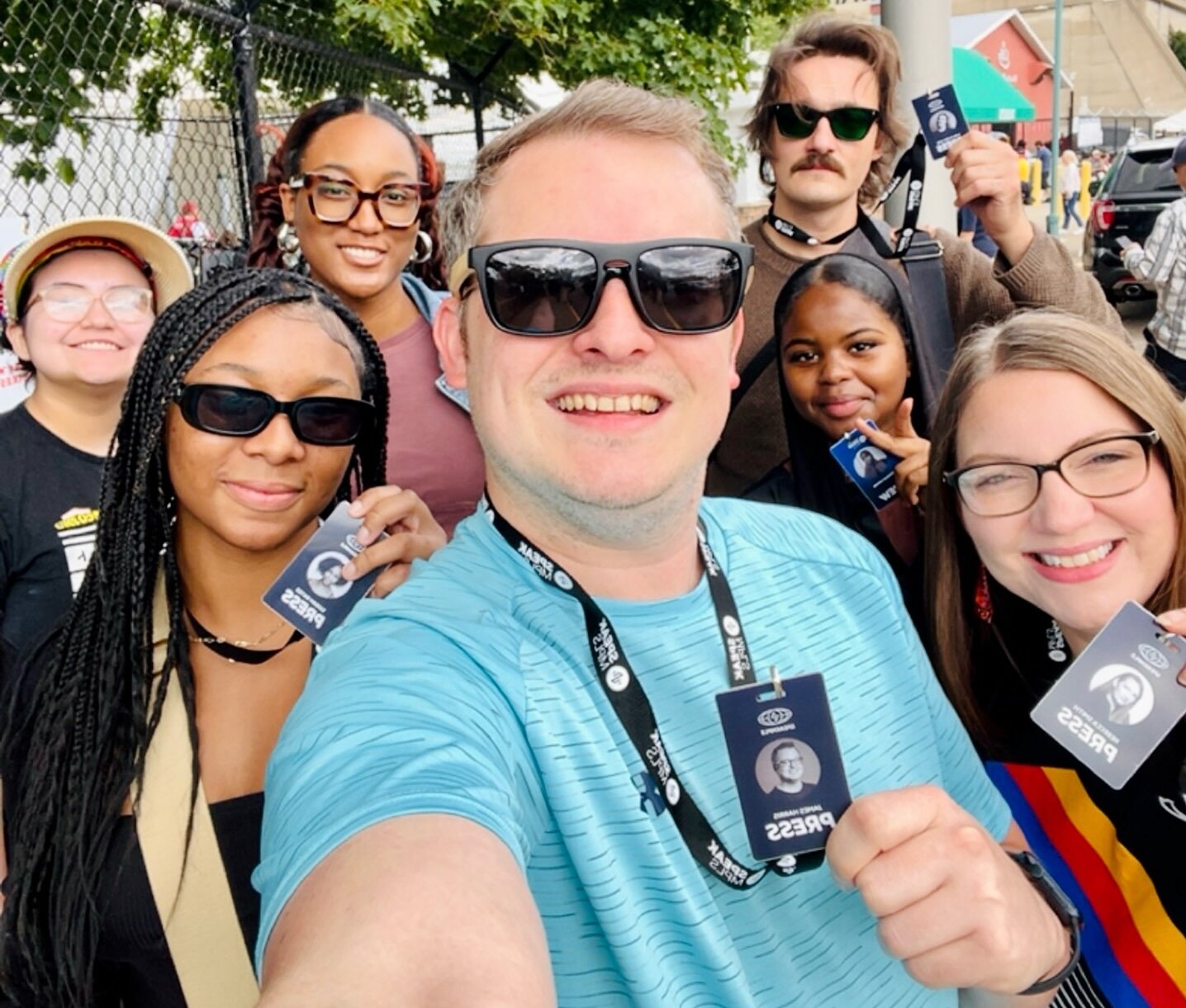By Heather Anderson, a Minneapolis Public Schools parent and the director of Advancing Equity Coalition
I was a recent guest at a Minneapolis school board candidate forum for a seat in District 6. As a parent who faithfully attends Minneapolis school board meetings, I agreed with many things the two candidates, Lara Bergman and Greta Callahan, said. Primarily, that our State and federal government have left public schools chronically underfunded for decades, and that Minneapolis Public Schools cannot rescue itself from a lack of funding.
I also agreed that our district does not prioritize family engagement, nor does it work to improve enrollment in a meaningful way. One of the parts of the Comprehensive District Design that I was most interested in was the enrollment strategy. The newly relocated magnet schools were promised financial support and a district-sponsored enrollment plan. Like many promises our district has made to the Northside, students of color and Indigenous students, MPS never followed through on those promises.
But as I listened to the two candidates, a theme emerged from Greta Callahan’s comments that runs against my values and good research. She consistently and repeatedly pointed to poverty and external factors students face as excuses for a lack of student achievement.
As a person who believes that the way we see students is critical to how we teach them, I was uniquely unsettled by one part of her answer to a question about the achievement gap. Not only did Greta state that we need lower standards for poor students, suggesting they can not be expected to learn at the same level as their more affluent peers, she also launched into a very private story about one of her students. She shared personal, painful moments about a kindergarten student on a very public stage.
Imagine being exploited for the purpose of someone’s candidacy. Imagine your most personal struggles being shared in a public forum by someone who was supposed to take the greatest care of you.
I was such a kid. I came to school with the invisible backpack of hunger, abuse, and neglect. I know what it feels like to show up to school with baggage that I was too young to carry.
I needed someone to believe in me. I needed someone to see me for my potential and to meet the one or two needs they could without embarrassing me. I’m really glad I learned to read, write, and do math at grade level despite my home life. I’m glad my teachers held me to high standards instead of oversharing the deficits I was powerless to change.
There is vast research on the subject of educator belief in students. The Center for American Progress released a study stating, “In fact, after controlling for student demographics, teacher expectations were more predictive of college success than many major factors, including student motivation and student effort.”
I contrast Greta’s position against the practices and skills I observe repeatedly at Lucy Craft Laney Elementary, a Northside Minneapolis school that serves 92.9% students receiving free and reduced lunch. I think of my recent visit to the playground, and a first grade teacher joyfully asking her students literacy questions at recess.
“I can spell that word! Ask a harder one!” her students laugh and jump as they share their reading knowledge. “You’re so smart!” their teacher glows. Every day, the students are greeted with a message from the principal during announcements letting them know they are the smartest students. In every single classroom at Laney, children are held to high expectations, and it shows. Their students made gains in reading last year.
As a Minneapolis taxpayer, I want a school board that believes in our students, makes quality governance decisions, and highlight successes instead of finger pointing and excuse making. As a parent of two MPS high schoolers, I want to know that our students are being encouraged to do their very best in our schools. I do not want lower standards.

.jpg)







